ARTICLES > THRIVE
5 ESSENTIAL LESSONS ON FERTILITY WHEN YOU LIVE GLUTEN FREE
Does coeliac disease affect fertility? Is there a gluten-free diet for fertility? Stefanie Valakis of The Dietologist shares what you need to know.
If you’re trying to conceive, we know you’re looking for ways to give yourself – and your baby – the best chance possible. But if you’re reading this, we also know you’re navigating the extra layer of living with coeliac disease, the need to commit to a gluten-free diet and eating well for a healthy baby.
Stefanie Valakas is an Accredited Practising Dietitian who’s passionate about empowering people on their fertility journey, and has a deep understanding of how coeliac disease has an impact. The founder of The Dietologist recently shared her wisdom at the recent Gluten-Free Living Expo in Sydney, which sparked valuable conversations alongside a good dose of myth-busting.
For everyone in our gluten-free community, she’s shared with us five key takeaways on how to stay nourished and support your fertility during one of the most significant times of your life:
What is your mission as founder of The Dietologist?
At The Dietologist, we envisage a world where every hopeful parent can receive nutrition support that is practical, effective and scientifically backed before parenthood to improve their chances of conception, experience a feel-good pregnancy, and support their future child’s health too!
Are there misconceptions around fertility and coeliac disease that you keep coming across? How do you help empower your clients to move forward with the right guidance?
One in six Australian couples face fertility concerns, and far rarer conditions such as cystic fibrosis and spinal muscular atrophy are now being screened for before and during pregnancy. However, coeliac disease is often overlooked as a potential causative factor in fertility concerns and delays to conception in both females and males.
People facing fertility challenges should not restrict gluten until coeliac disease has been excluded – this will avoid further diagnosis delays. Once diagnosed, treatment with a strict gluten-free diet will help maximise nutrient absorption in the small intestine and support optimal fertility. At The Dietologist, we can help advocate for coeliac disease screening, the gluten challenge (if required) and initiating the strict gluten-free diet and correct any micronutrient deficiencies in those who are yet to be screened.
For those with pre-existing coeliac disease who are trying to conceive, the issue we often see is an assumption that you can proceed ‘as normal’ with the path of growing your family. It is best to touch base with your GP, gastroenterologist (if necessary) and dietitian for a review of your health and wellbeing. In some cases, in those with coeliac disease, significantly higher amounts of folic acid may be required to mitigate the risk of malabsorption. Given how critical folic acid is in the prevention of neural tube defects in pregnancy, this isn’t a step you want to skip. At The Dietologist, we see a lot of people with otherwise well-managed coeliac disease attending our Express Prenatal Supplement Consult for advice on prenatal supplementation planning based on their bloodwork, diet, and of course, a gluten-free supplement plan too.
Was there a particular question that arose at the Gluten-Free Living Expo that you feel is a valuable talking point for people on their fertility journey?
There was a lot of conversation around screening and my opinion on the likelihood of implementing more widespread coeliac serology screening in the population of people trying to conceive.
In an ideal world, this would already be the case. The reality is, it is sometimes forgotten or not considered, especially in those without the ‘classic’ symptoms of coeliac disease, such as gastrointestinal upset.
In reality, I think there are several barriers to implementing widespread coeliac screening including practitioner knowledge and prioritisation. There is also a lot of misinformation around ‘gluten being inflammatory’, which results in many restricting gluten intake unnecessarily; this may increase the chances of false negative results (people may actually have coeliac disease but are testing negative due to the absence of gluten in their diet).
How can men help to support their fertility when they are on a gluten-free diet?
Men have a critical role to play when it comes to trying to conceive. Being gluten-free and trying to conceive can place some key nutrients at risk including folate, iodine, B vitamins and dietary fibre due to the nature of processed gluten-free products.
This can be overcome by embracing a naturally gluten-free diet based on wholefoods including naturally gluten-free wholegrains such as brown rice, quinoa, buckwheat and sorghum, alongside plenty of fruit and veggies rich in antioxidants and vitamin C to support sperm health. Lean meats are an important source of protein, iron and zinc – critical nutrients for sperm health. I also always recommend oily fish like salmon and sardines for zinc. Also, adding a healthy handful of nuts and seeds, especially walnuts can also support sperm health.
What is the one piece of wisdom, or lifestyle change that you find to be transformative when trying to conceive?
Eat two serves of low-mercury seafood and oily fish each week. Fish such salmon, ocean trout, sardines and anchovies, prawns, oysters, octopus, calamari and small species of white fish. This has been proven to enhance both egg and sperm health and reduces time to pregnancy according to couples’ fertility nutrition research from Harvard. A study found that 92% of couples who ate fish on average twice per week had conceived in 12 months (versus 79% in those who had less).
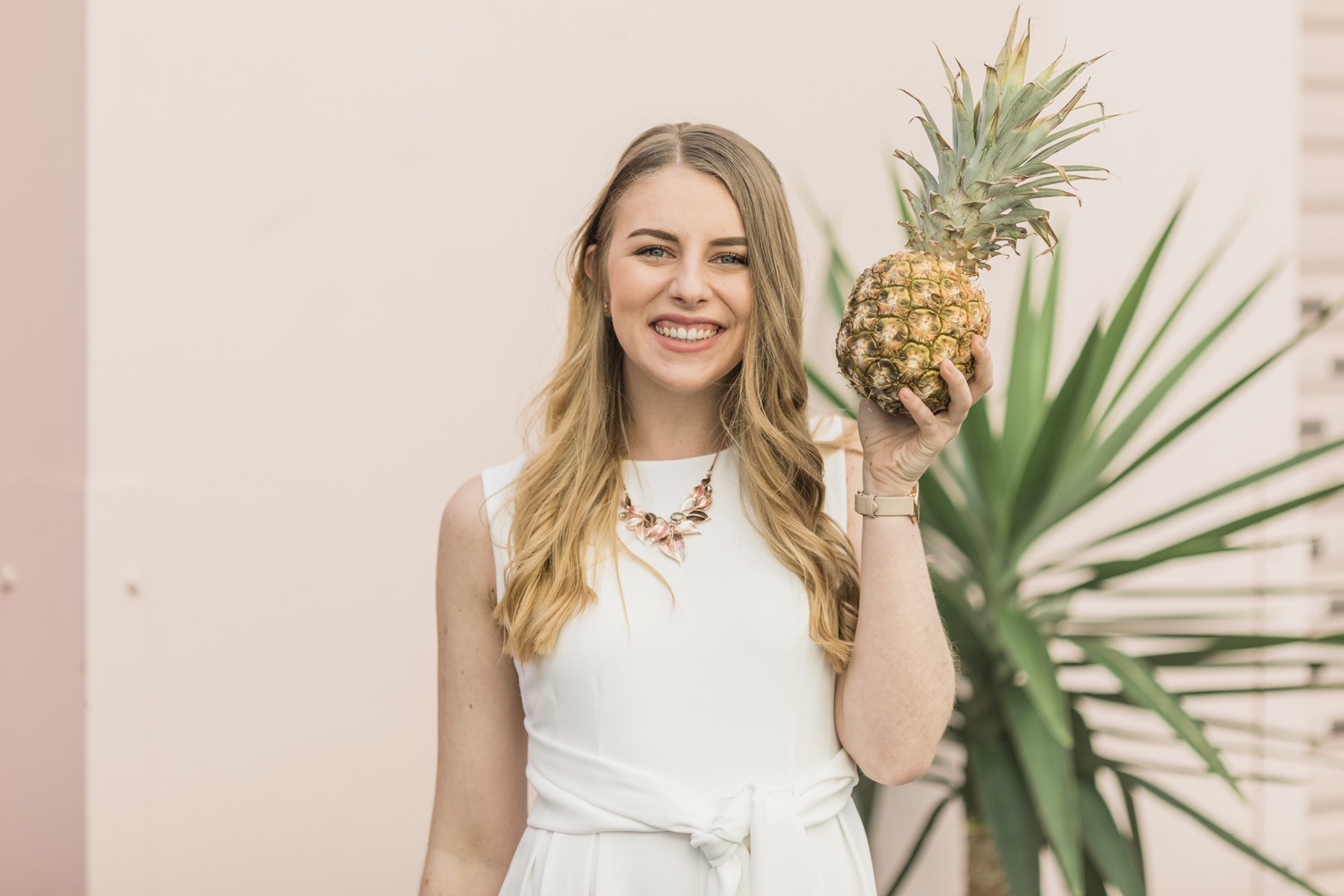
ABOUT THE AUTHOR
Stefanie Valakas APD is an expert fertility dietitian and nutritionist and founder of The Dietologist. Stefanie and her award-winning team of fertility and pregnancy dietitians are dedicated to excellence in nutrition for reproductive health concerns, fertility and pregnancy. Her passion for nutrition in this space has truly grown from her experience helping her clients online from around the world and also through her own personal experiences of navigating a diagnosis of endometriosis.
Stefanie truly believes every hopeful parent should have access to scientifically backed nutrition information to prepare their body prior to conception, support them through fertility treatments, pregnancy and ultimately bringing home a healthy and happy baby.
Stefanie also hosts the chart-topping fertility health podcast, Fertility Friendly Food. Follow Stefanie and The Dietologist team on Instagram at @the_dietologist and @endo.dietitian
READ THIS NEXT
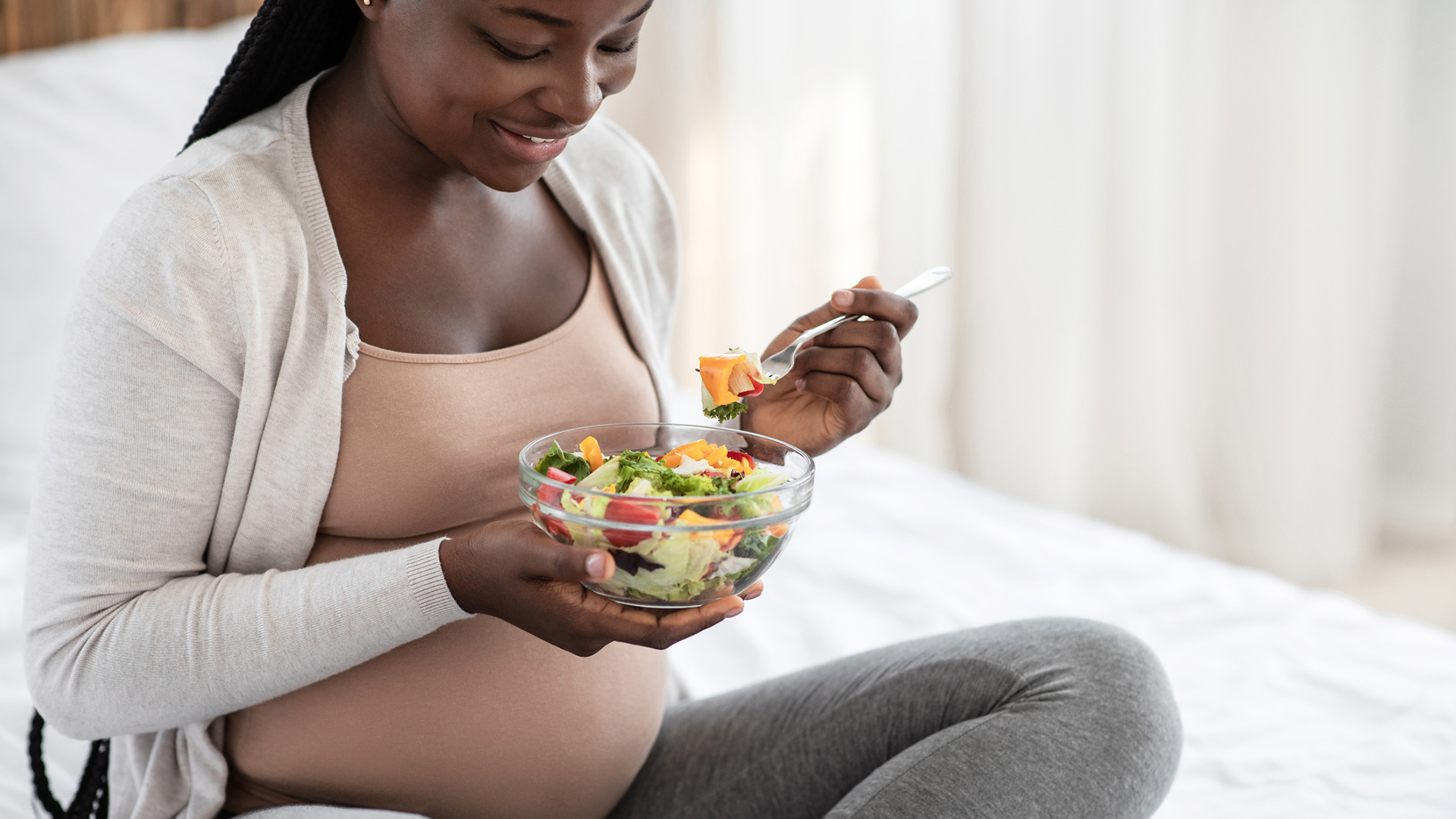
EATING WELL FOR A HEALTHY BABY
Congrats – you’re pregnant! But what if you have coeliac disease? Here’s what you need to know.
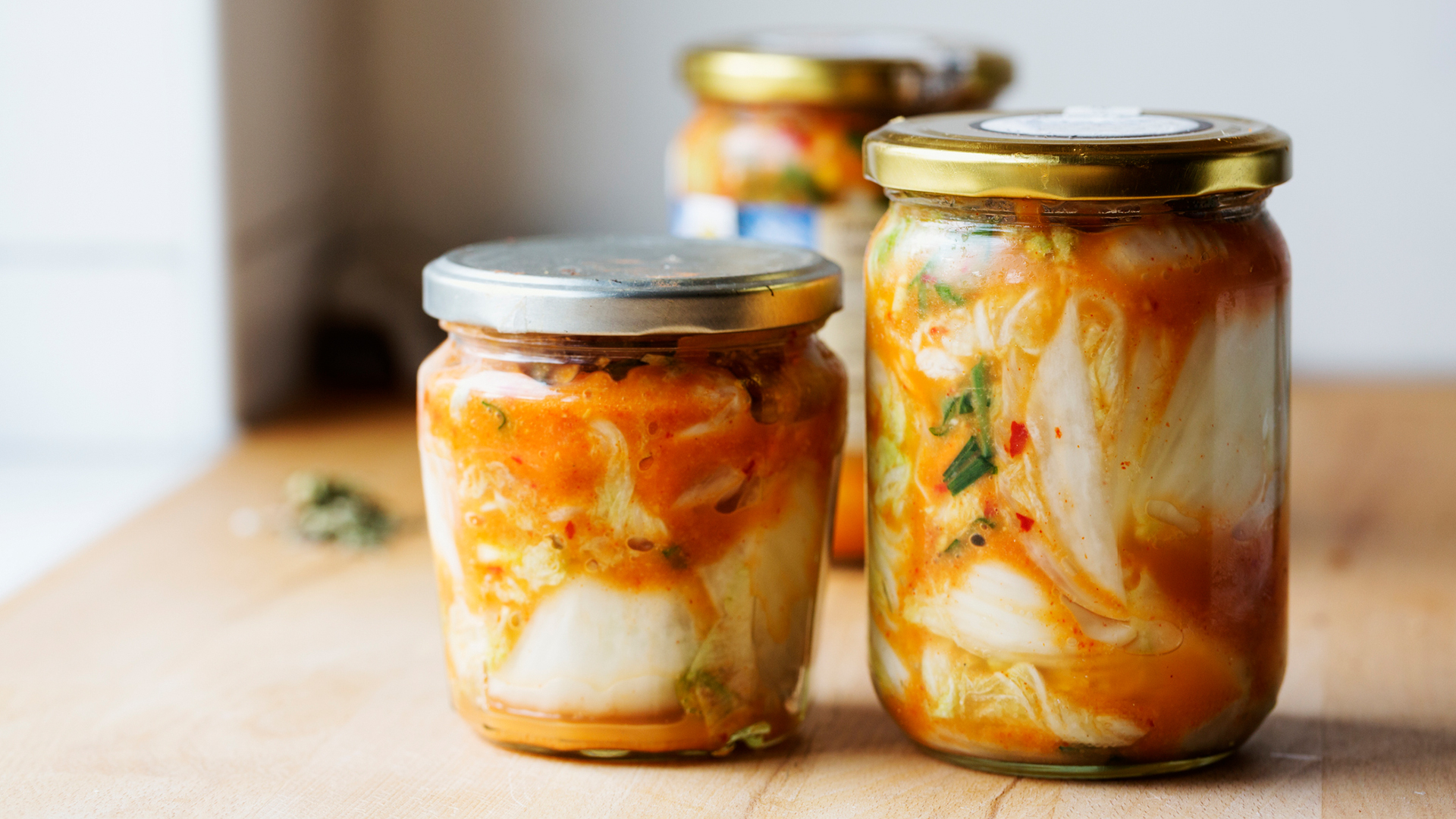
GLUTEN-FREE FOODS FOR GUT HEALTH
Can certain foods improve your gut health when you have coeliac disease? Get into the fascinating world of the human gut and the power of fermented foods.
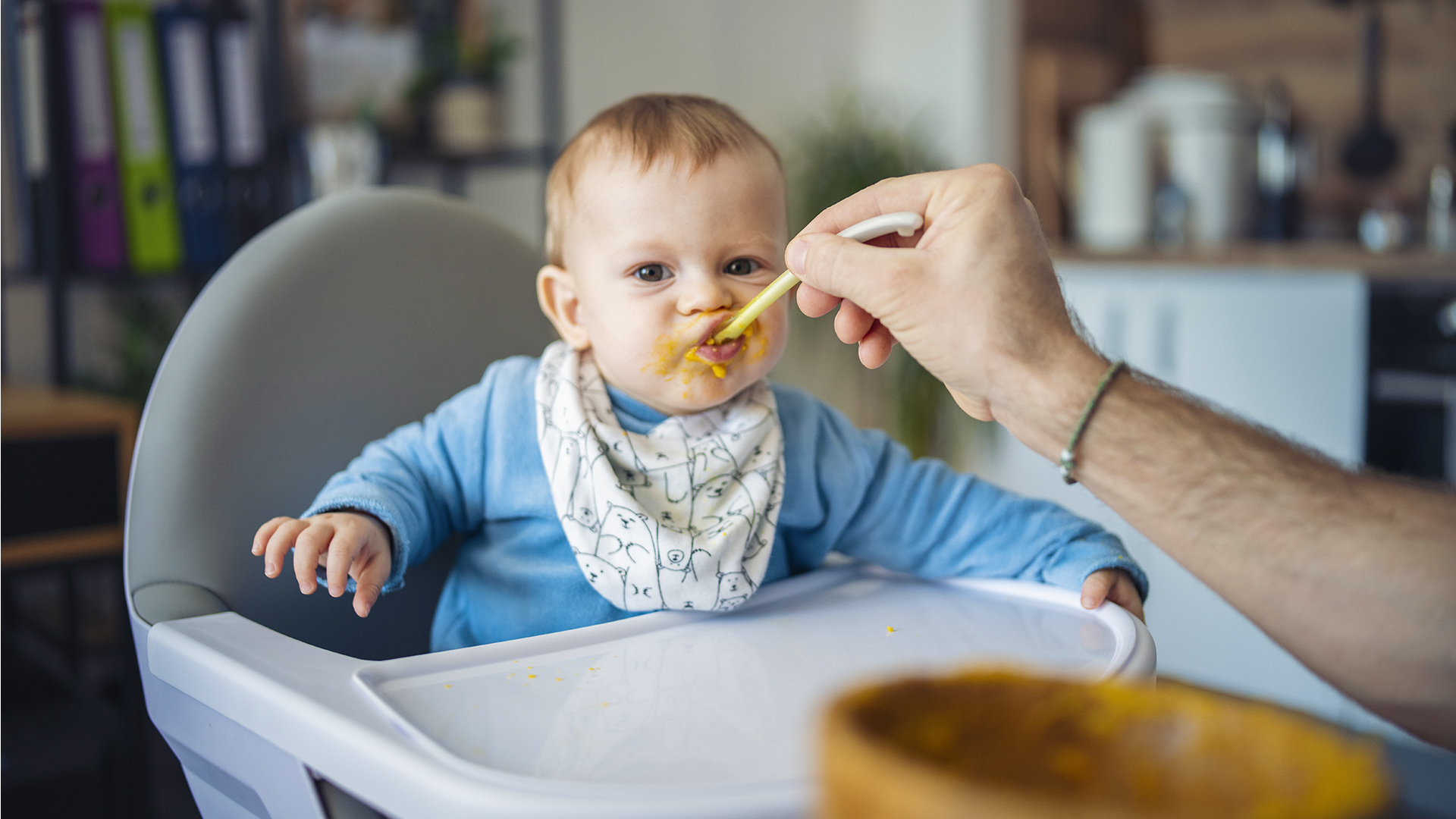
INTRODUCING GLUTEN TO YOUR BABY
Should you avoid feeding your baby gluten if there’s coeliac disease in the family? How much gluten is safe? Here’s what you need to consider.
See more




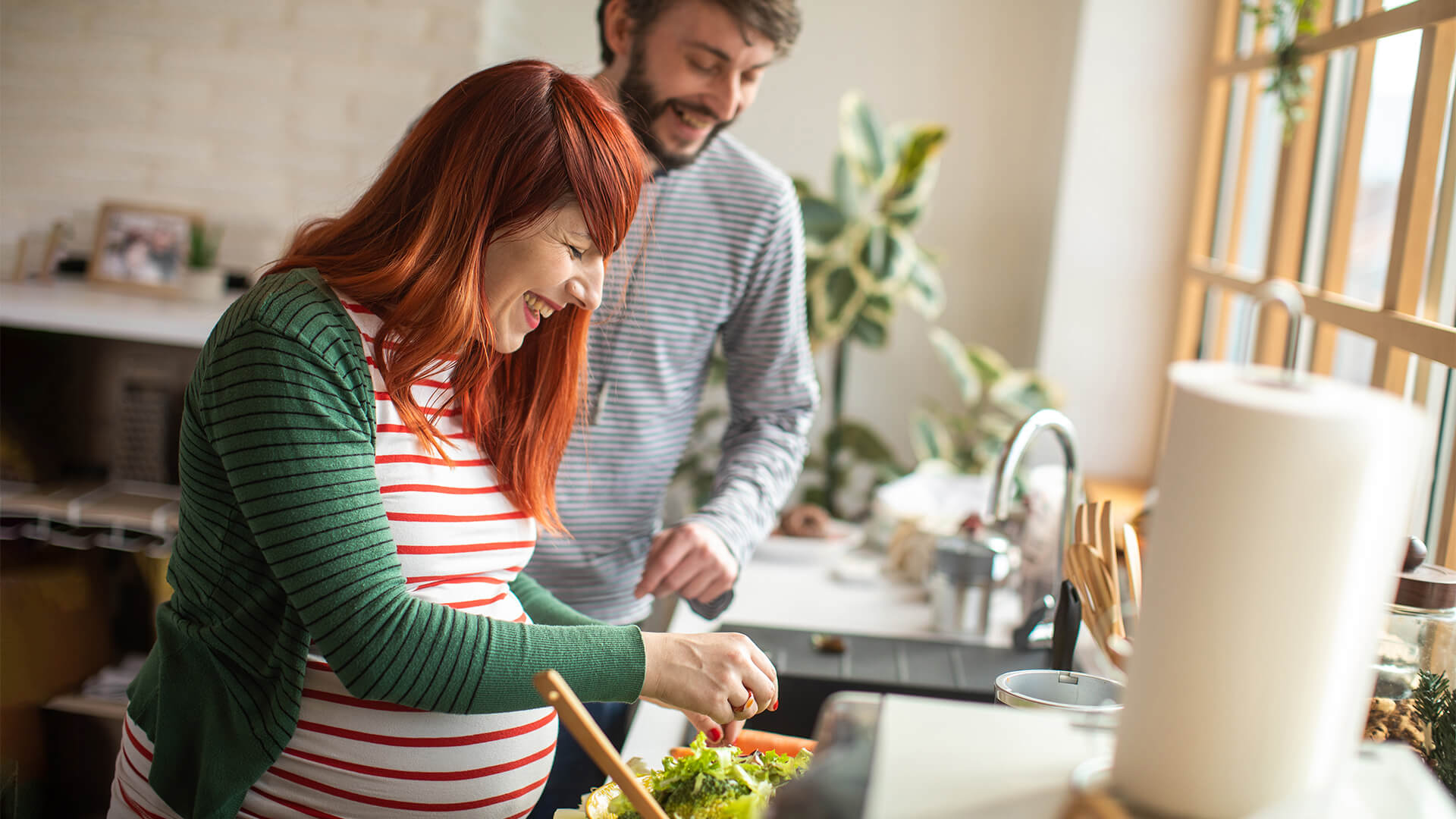




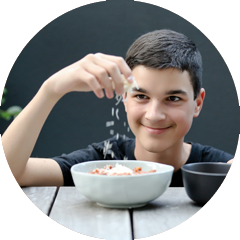
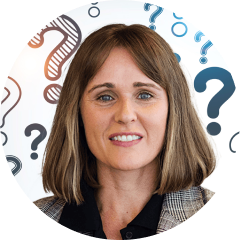



0 Comments